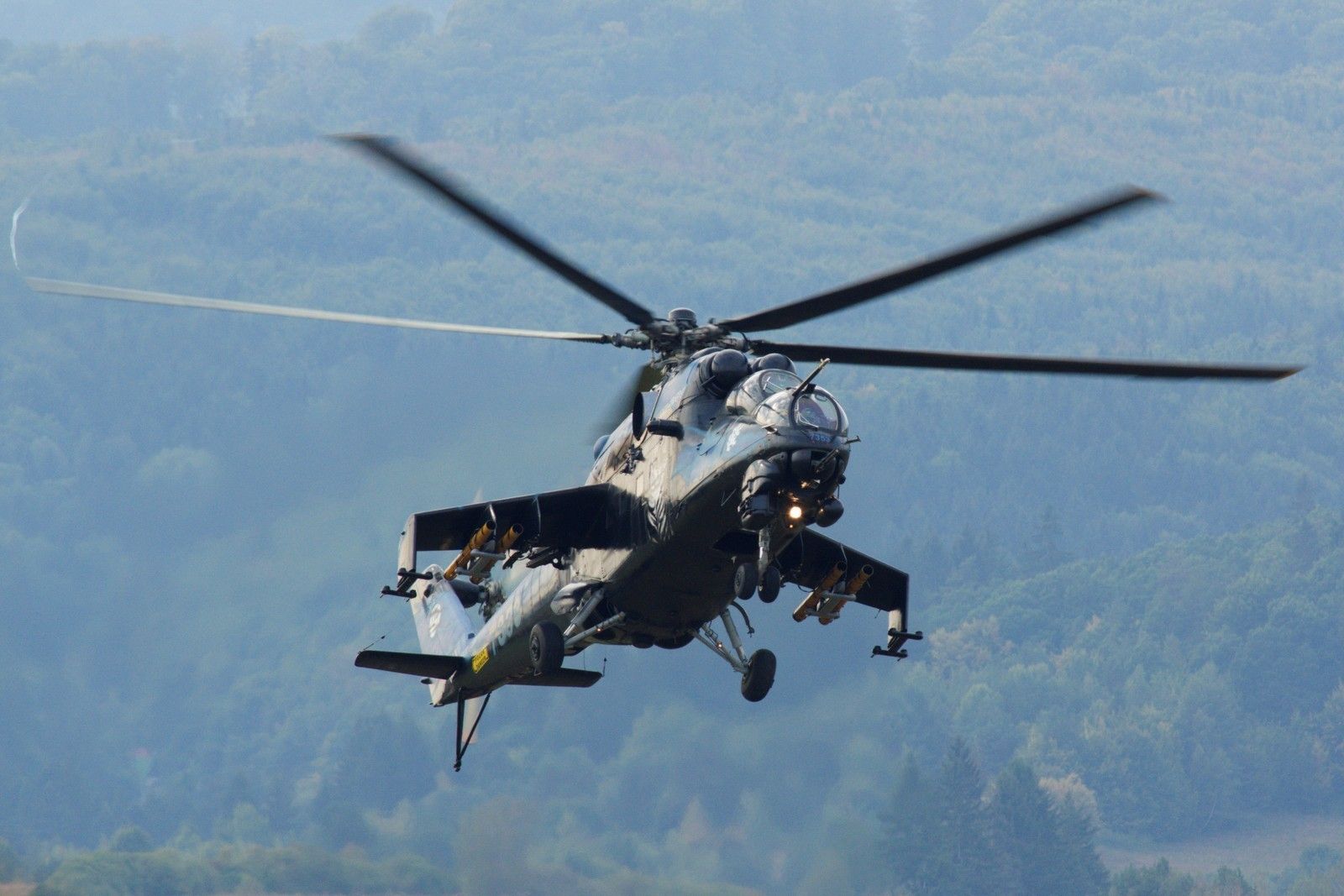Armed Forces
Russia Arms Itself Without Any Limits
Russian authorities decided to withdraw from the consultation group which deals with reduction of the conventional forces in Europe (CFE – Conventional Forces Europe Treaty).
Moscow already suspended implementation of the agreement back in 2007, and exclusion of the Russian representatives from the joint consultation group constitutes, according to the Russian MFA, a “complementation” of the decision related to suspension of the CFE treaty, which was made 8 years ago.
Currently Russia, formally, is treated as a Party of the agreement (which has not been terminated), however, no actions stemming from the CFE Treaty are realized. In practical terms this means that the Russians, since many years, have not been acting in line with the agreement related to the conventional forces in Europe. This fact was also confirmed in December last year, by the US Under Secretary for Arms Control and International Security, Rose Gottemoeller.
The Russian decision, regarding the complete suspension of implementation of the CFE treaty shall be interpreted within the context of the Ukrainian crisis. Last year a decision was made to stop notifying the Lithuanian authorities about any military exercises. According to Moscow, withdrawal from the CFE memorandum is the Kremlin’s response to expansion of NATO influences in Europe.
According to the US Department of State, the Russians have also been carrying out cruise missiles tests which breached the INF Treaty. These missiles will probably be used by the Iskander system. We may expect that Russia will declare that it is no longer going to act in compliance with the individual arms control treaties. It is also possible that Kremlin would try to breach the agreements, in which Moscow still remains a signatory.
Undertaking such activities has a direct impact on raised level of threat for the NATO member states, particularly those located in Mid-Eastern Europe. It seems that bolstering the allied defence capabilities would be a proper solution, however, such initiative would require some political decisions which may not gain social consent, including decisions on increase of defence spending, and increase of the NATO presence in the region. All of that could potentially mean that combat units would be permanently deployed in Europe. And such decisions have their opponents, including e.g. the Berlin authorities. Considering the defence cuts, which have been implemented even despite the declarations made during the NATO Summit in Newport, a large portion of the NATO member states may not be capable to adequately respond to the Russian actions.

